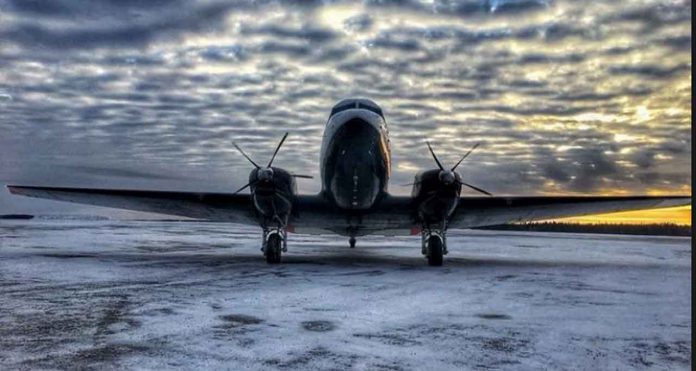Thunder Bay – NEWS – “Our government understands the importance of reliable air services in sustaining the social and economic well-being of our Northern and remote communities. This investment will help ensure that, as we work towards recovery and travel restart post pandemic, people living and working in remote Northern First Nation communities will continue to have access to air services for delivery of essential goods and services and for essential travel between communities in Ontario. We are pleased to be working with provincial and First Nation partners and the air industry to support remote Northern communities as we start to build back better,” states federal Minister of Transport Omar Alghabra.
Today, the Minister of Transport, the Ontario Minister of Indigenous Affairs, and the Ontario Minister of Transportation announced support for remote airports serving First Nation communities in Ontario. The Government of Canada is investing over $5.1 million to support essential air access for remote communities and Ontario is investing $14.5 million to operate remote airports in 2021/22.
The investment announced today is in addition to the more than $11.1 million in federal funding and the $14.2 million in provincial funding already provided in 2020/21 to maintain essential air services and to operate airports in remote communities in Ontario. The province also provided a further $4 million to ensure continued safe operations during the pandemic.
This financial contribution will help maintain minimum levels of air transportation services to remote First Nation communities in Ontario to ensure continued access to essential goods and services, including community resupply of food and medical supplies.
“Ensuring essential transportation and supply chains for Northern and remote First Nation communities is a top priority for our government. Because of the impacts resulting from COVID-19, Ontario has prioritized additional funding for reliable air service so that our First Nation communities have strong supply chains in place for the delivery of essential goods and services,” says Caroline Mulroney, Ontario’s Minister of Transportation.
The Governments of Canada and Ontario will continue to work collaboratively to ensure essential transportation and supply chains for Northern and remote First Nation communities are protected for the health, safety and well-being of residents.
Greg Rickford, Ontario’s Minister of Indigenous Affairs said, “Remote First Nation communities rely on small air carriers to provide ongoing access to critical supplies such as food and fuel, and essential services including employment, health care, education and social services. That’s why Ontario is working with our federal partner to give small air carriers the urgent funding they need to continue providing vital services to these communities during the COVID-19 pandemic and beyond.”
Quick Facts
- Under the funding agreements for the Remote Air Services Program, a fixed amount of funding is allocated to each province or territory that has remote communities. Provinces and territories are responsible for allocating the funding to specific air carriers.
- Remote Northern First Nation communities rely on air service as the only year-round mode of transportation into and out of the community.
- The Ontario Ministry of Transportation owns and operates 29 airports, 27 of which support remote First Nation communities.
- Some communities may have limited access to seasonal ice roads or long and unreliable gravel roads.







